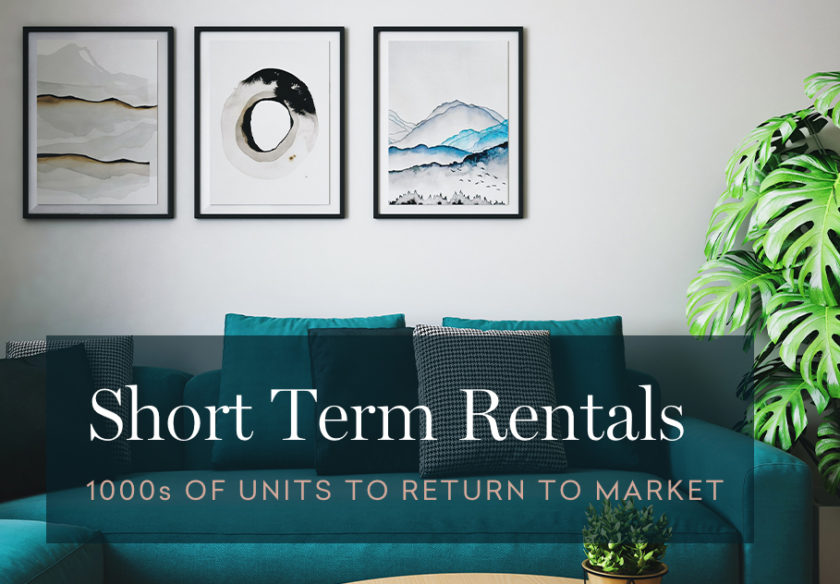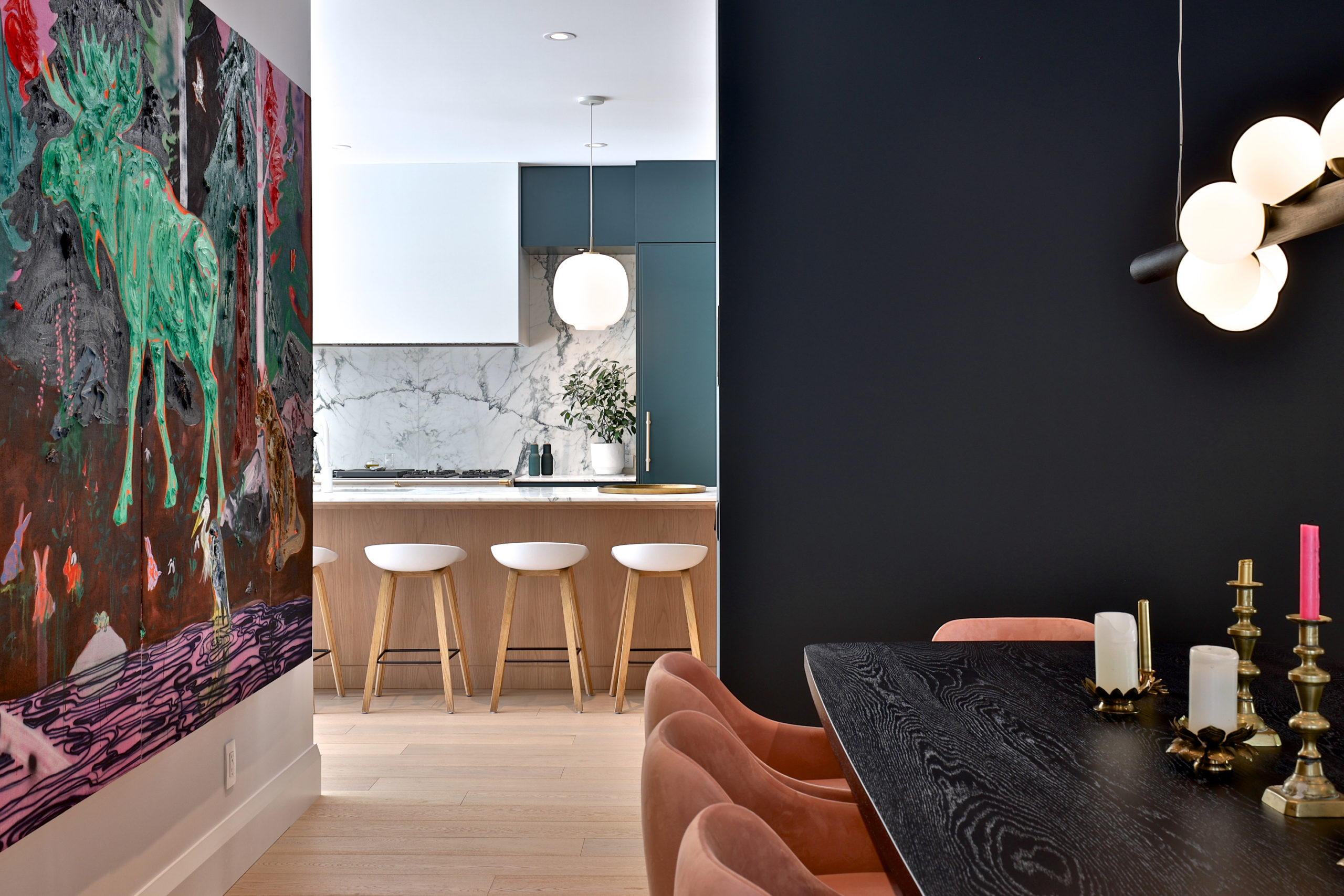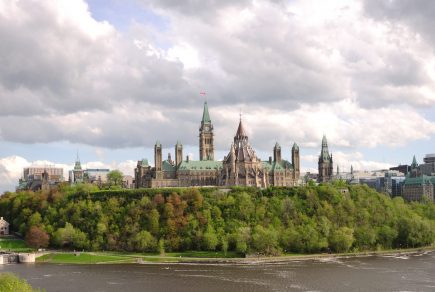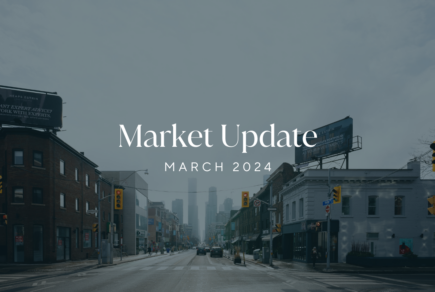
Landlords lose appeal to block Airbnb regulations in Toronto and new rules will return thousands of units to Housing Market
Since it was founded in 2008, Airbnb has been the subject of several critical research papers that have blamed it for raising housing prices, changing employment dynamics, and taking chunks out of city tax revenue.
Back in December 2017, Toronto city council approved zoning bylaw amendments related to short term rental properties that were supposed to take effect in June 2018. However, those rules were put on hold as they were challenged at the LPAT. This past Monday, the LPAT rejected the appeal and stricter rules governing Airbnbs and other short-term rentals in Toronto are on their way.
Despite Toronto’s decades-long condo building boom, the city statistics show that the vacancy rate has fallen. In fact, the rental market is almost as tight as it was in 2001. With as many as 5,000 homes in Toronto acting solely as STR’S, these units have been completely removed from long-term housing in the city which strains an already supply-short market. Rents rise in the process.
LPAT adjudicator Scott Tousaw stated that “One fact is indisputable: each dedicated STR unit displaces one permanent household. That household must find another place to live. This phenomenon is occurring in increasing numbers in Toronto’s residential areas, the very places that are planned, designed and built to provide housing for residents.” With the initiation of this regulation, the hope is to reduce the amount of STR’s, which are causing a negative impact on housing availability and affordability in Toronto.
Something else happens when Airbnb enters a city: People rent Airbnbs, not hotel rooms.
Residents are expressing the frustration of losing a ‘feeling of community’, often having to deal with noisy short-term tenants, specifically in condominiums, and losing neighbourhood character. LPAT’s rejection of Airbnb-lords appeal is aimed at individuals who use these platforms to run what is essentially a hotel business, using residential housing stock as hotel inventory in buildings that were not planned, zoned, approved and built as hotels but as residential buildings. Mayor John Tory expressed his approval of the LPAT decision by saying “This is good news for Toronto residents and a step in the right direction when it comes to regulating short-term rentals and keeping our neighbourhoods liveable”. He also said that the city’s plan aims to “strike a balance between letting people earn some extra income through Airbnb and [other rental sites], but we also wanted to ensure that this did not have the effect of withdrawing potential units from the rental market.”
People who occasionally rent out their home, or parts of it, should not notice much of a difference.
Cailey Heaps Estrin, Managing Director of Heaps Estrin said that “The ruling with regards to short term rentals (such as Airbnb) is certainly a contentious issue. It is clear that returning short term rental suites to the market to satisfy the demand for longer-term rentals is beneficial to Toronto’s rental market. Conversely, for investors who are focused on the short term rental market, it will have a meaningful impact on their ROI so it may cause them to sell or convert back to single-family. It will be interesting to monitor how it is enforced and how many units actually end up finding their way back to the longer-term rental market.”
If you’re thinking of listing your property, here’s what you need to know:
- The new rules will lead to big changes for Airbnb Operators and the city says it will have more information in December about implementation, timelines, and how the licensing, registration, and four percent Municipal Accommodation Tax (MAT) will work.
- Under the new rules, short-term rentals will only be allowed in landlords’ principal residences for up to 180 nights a year for an entire house or apartment. Homeowners could also rent up to three bedrooms year-round on a short-term — defined as less than 28 days — basis.
- Landlords aren’t allowed to list secondary suites or basement apartments as short-term rentals at all, only the tenants who live there can rent them for 28 days or less
- Landlords must pay a 4% tax (MAT) on all rentals of less than 28 days
- Both landlords and tenants will be required to register with the city for an annual fee of $50 for renting out their residence on Airbnb
- The LPAT decision notes that some 5,000 units could return to the long-term rental market with the new regulations, though that number may also be somewhat lower, depending on how operators respond to the changes.
The Toronto real estate market is constantly changing. The Heaps Estrin Team is here to help. To find out more about how these regulations can impact you, or how we can guide you through your real estate process, contact us at 416.424.4910.


